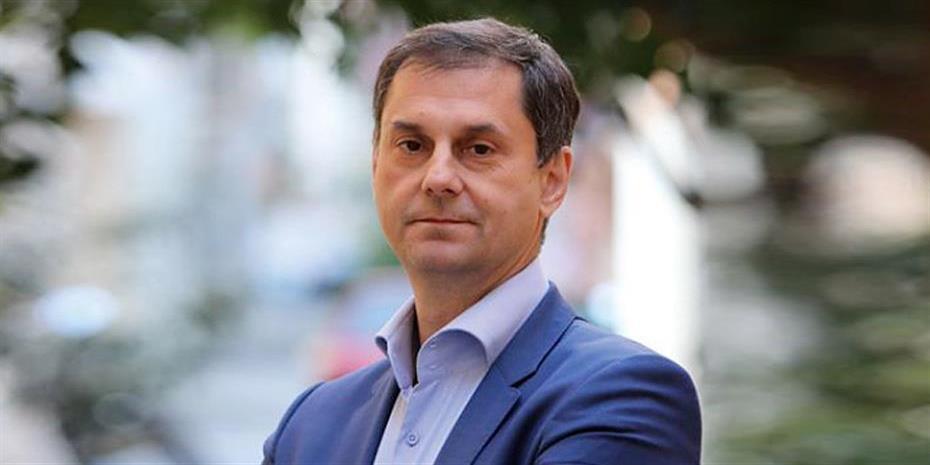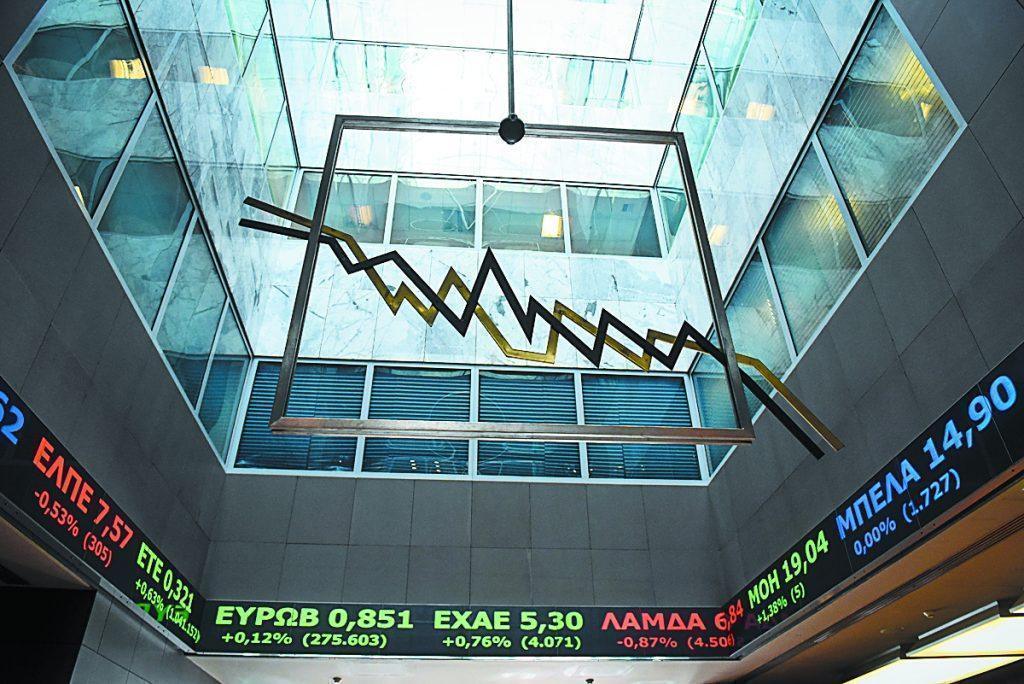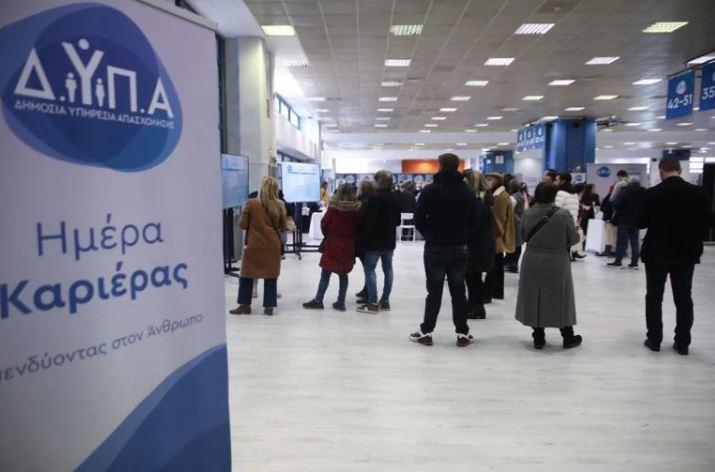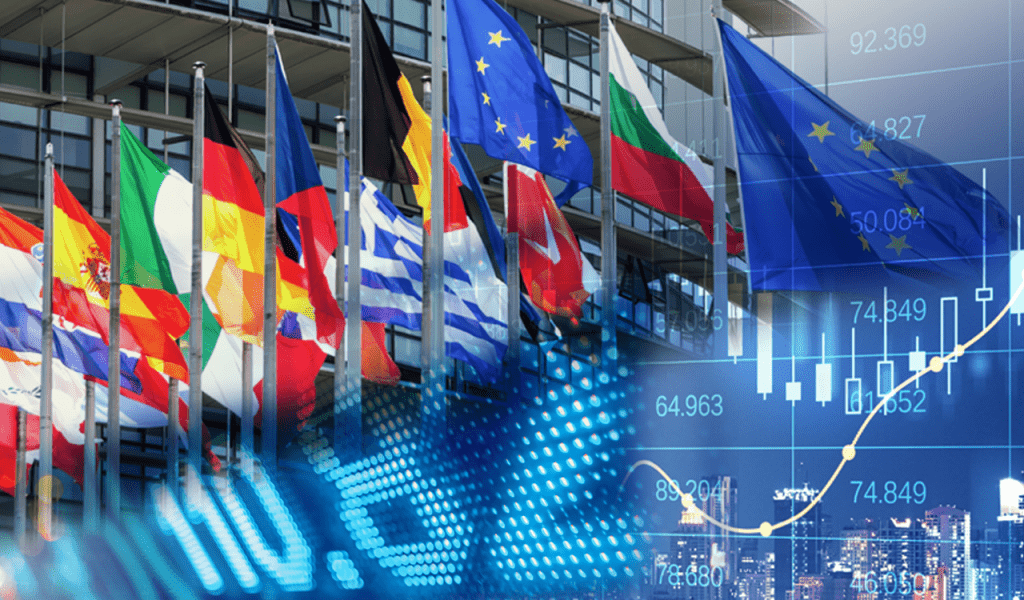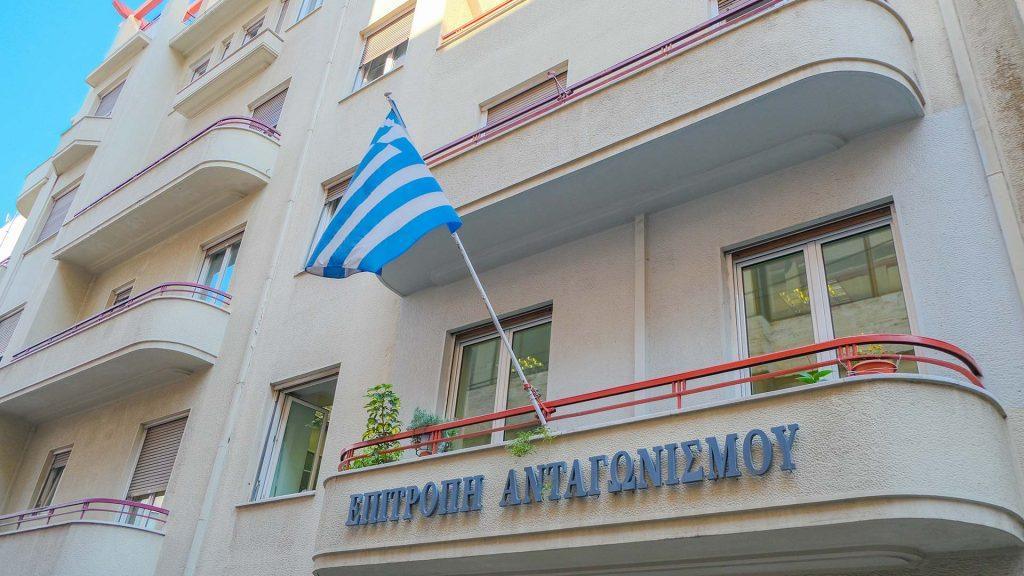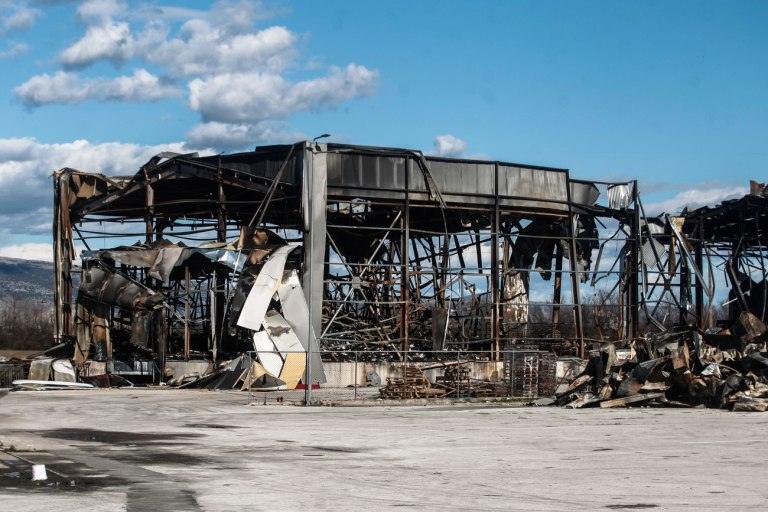The maritime industry is facing one of the most challenging times since its transition from sail to steam! The race for its decarbonisation has started and it seems to be getting more urgent every year. On the other hand, the economic uncertainty is ballooning with the energy prices and the currency rates volatility putting pressure on the public and private spending around the globe. Any future economic recession could slow down or even jeopardise the investments made in this effort.
The technology is developing but there are not readily available, scalable solutions, even more, affordable, to help shipping reduce its footprint at the expected rate. More and more studies suggest that the existing ships will not survive this transition and they will have to be replaced even before the end of their useful life. New designs, tailor-made for the new onboard energy generation and storage systems are required. Furthermore, the whole logistic chain, including training people and upgrading the ports around the globe for supporting these new ships. This translates to several trillions of USD investments in the next couple of decades.
Shipping’s role in the global economy and sustainability is crucial. Any reduction in the carrying capacity of the global fleet can quickly affect adversely the international trade. We have witnessed this last year, during the blockage of the Suez Canal for just a few days. We are experiencing it nowadays with the turmoil in the energy market due to the war in Ukraine and its side effects. Therefore, it is important to make sure that new tonnage will be delivered at a pace that will sustain the growth of the global economy while reducing the carbon footprint of global shipping.
This landscape will be full of opportunities and challenges for all stakeholders: shipowners, shipbuilders, suppliers, cargo owners, ports, policymakers and of course society. In the new globalised economy and market, the resources are finite and well known. New resources are hard to find or build and any “accident” could reduce quickly their availability.
The maritime industry has identified the main directions and contemporary technologies to reach its end goal. “Electrification”, “carbon capture”, “ammonia”, “hydrogen”, “methanol”, “biofuel”, and “fuel cell” are some of the new buzzwords, replacing “ballast water treatment”, “scrubber” and “energy-saving device” that dominated the discussion during the last decade. Based on the experience from the long and sometimes exhausting and costly process of introducing the latter, many in the maritime industry are still sceptical, hesitant and even worried about what lies ahead as the new goals are orders of magnitude more difficult.

Yet, academia and the research community have developed unique knowledge, experience and skills which were absent even a decade ago. The close collaboration between the research institutions and the industry, with the support from the policymakers, can deliver the transition that our society needs so urgently. The path should be properly planned, understanding the risks and the required contingency to achieve our common goals. The aim is to reach on-time to safe, reliable, affordable, sustainable, efficient and effective solutions for the decarbonisation of the maritime industry.
As in any race, there are front-runners and latecomers. The UK, the EU, along with few other developed countries are at the forefront of these efforts and aim to develop, implement and offer to the global community the know-how, technical solutions, and services which will transform and decarbonise shipping in the 21st century. In the UK, a consultation is open for the expansion of the UK Emission Trading Scheme (UK ETS) to domestic maritime. In the European Parliament, the strengthening of the EU’s ETS for the 2021-2030 period is debated.
The challenges are global and therefore required team efforts. The University of Strathclyde with its Department of Naval Architecture, Ocean and Marine Engineering has many research partners around the globe. It works closely with Greek Universities, Research Institutions and Shipping Companies such as Capital Executive, StarBulk and many others, to ensure that the solutions are holistically optimal, and meet the expectations of international shipping. NAOME is spearheading these efforts through its multi-million research, funded by UKRI and European Research Funds. Moreover, we are educating and preparing the next generation of engineers who will be the key enablers for developing and implementing these technologies.
Prof Evangelos Boulougouris, Research Director of the Maritime Transport Research Unit at NAOME | Maritime Safety Research Centre |Department of Naval Architecture, Ocean & Marine Engineering | University of Strathclyde

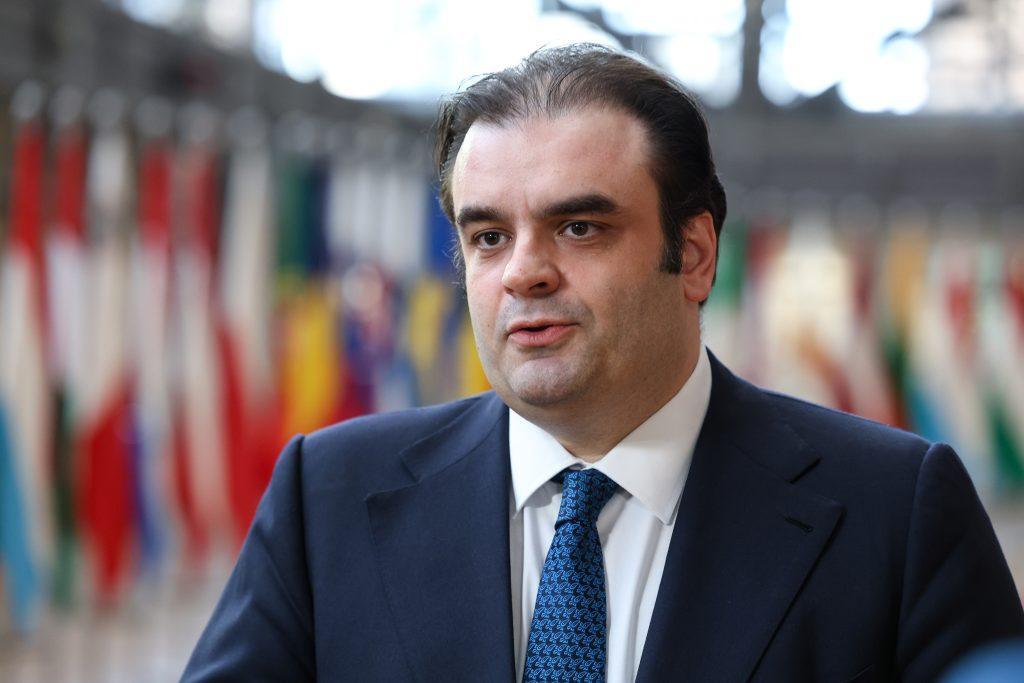
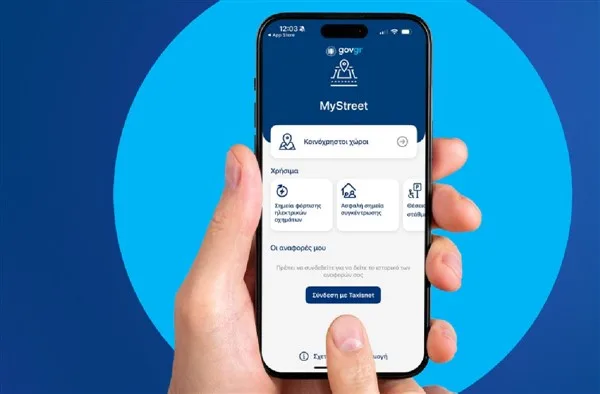

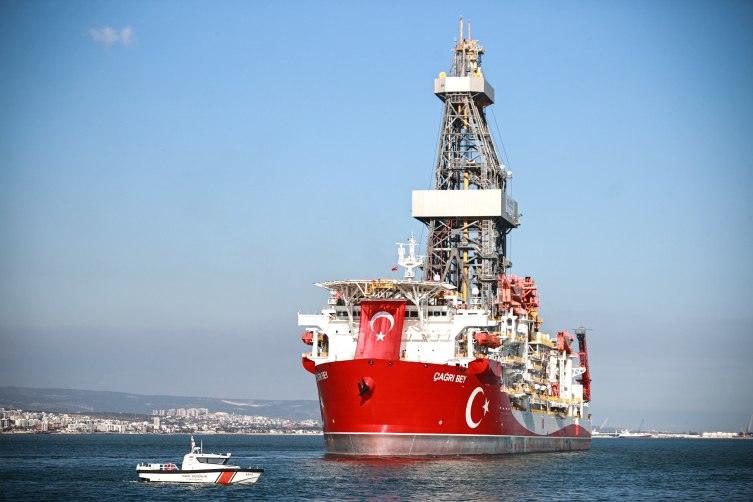

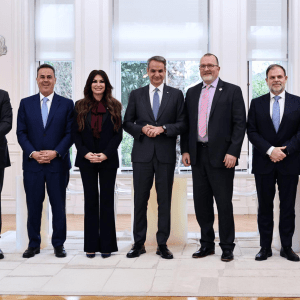

![Νέο κεφάλαιο για Ελλάδα στην Ενέργεια [live]](https://www.ot.gr/wp-content/uploads/2026/02/cevron-300x300.jpg)



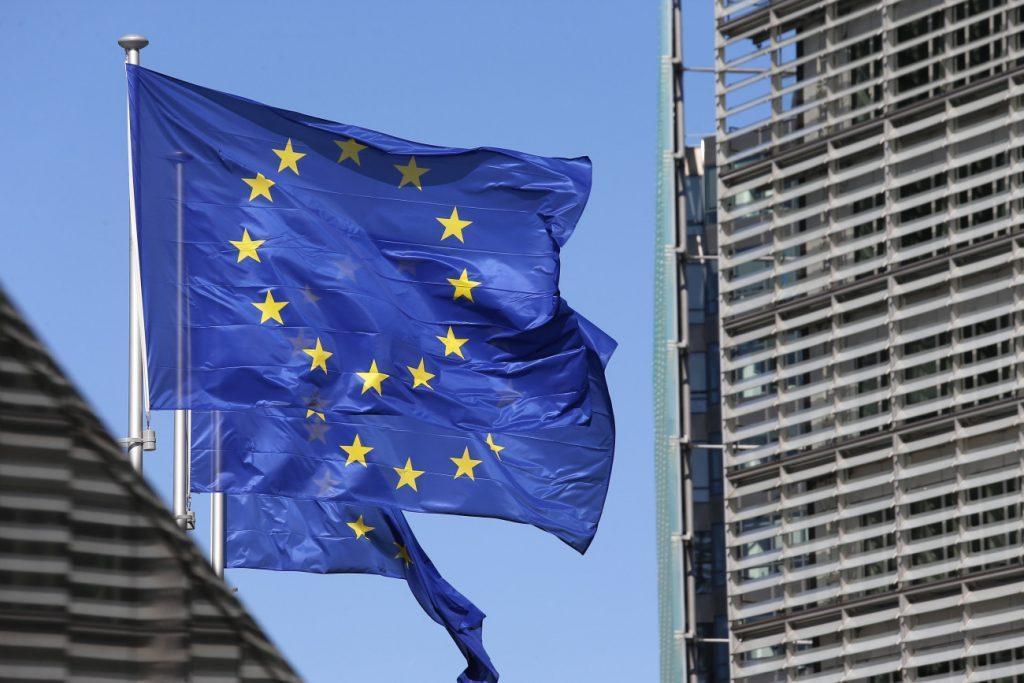
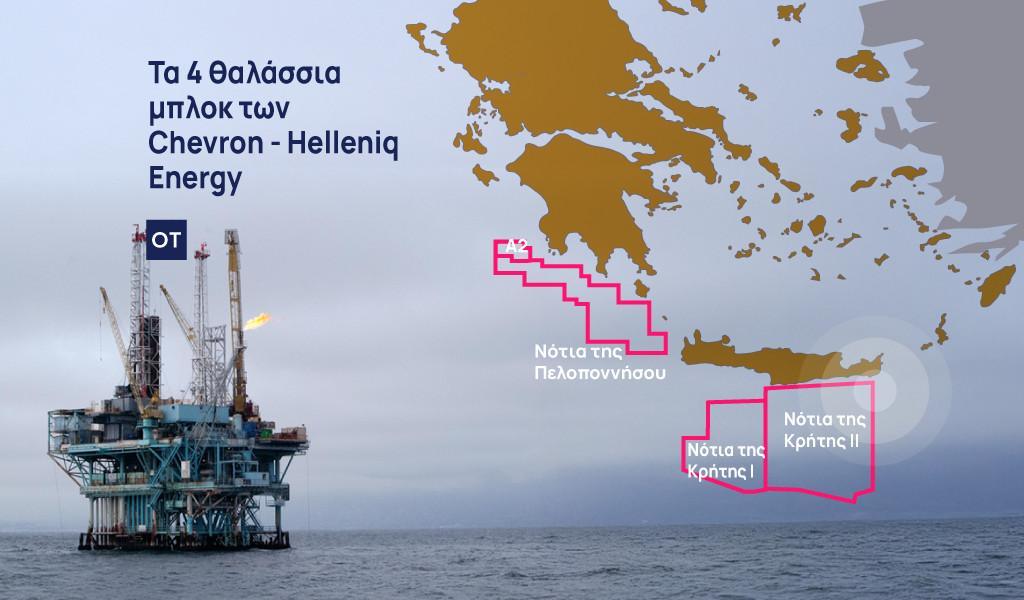



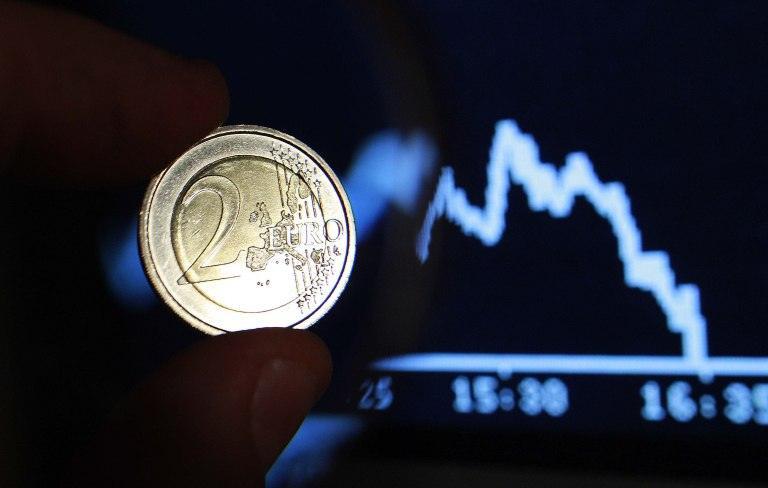
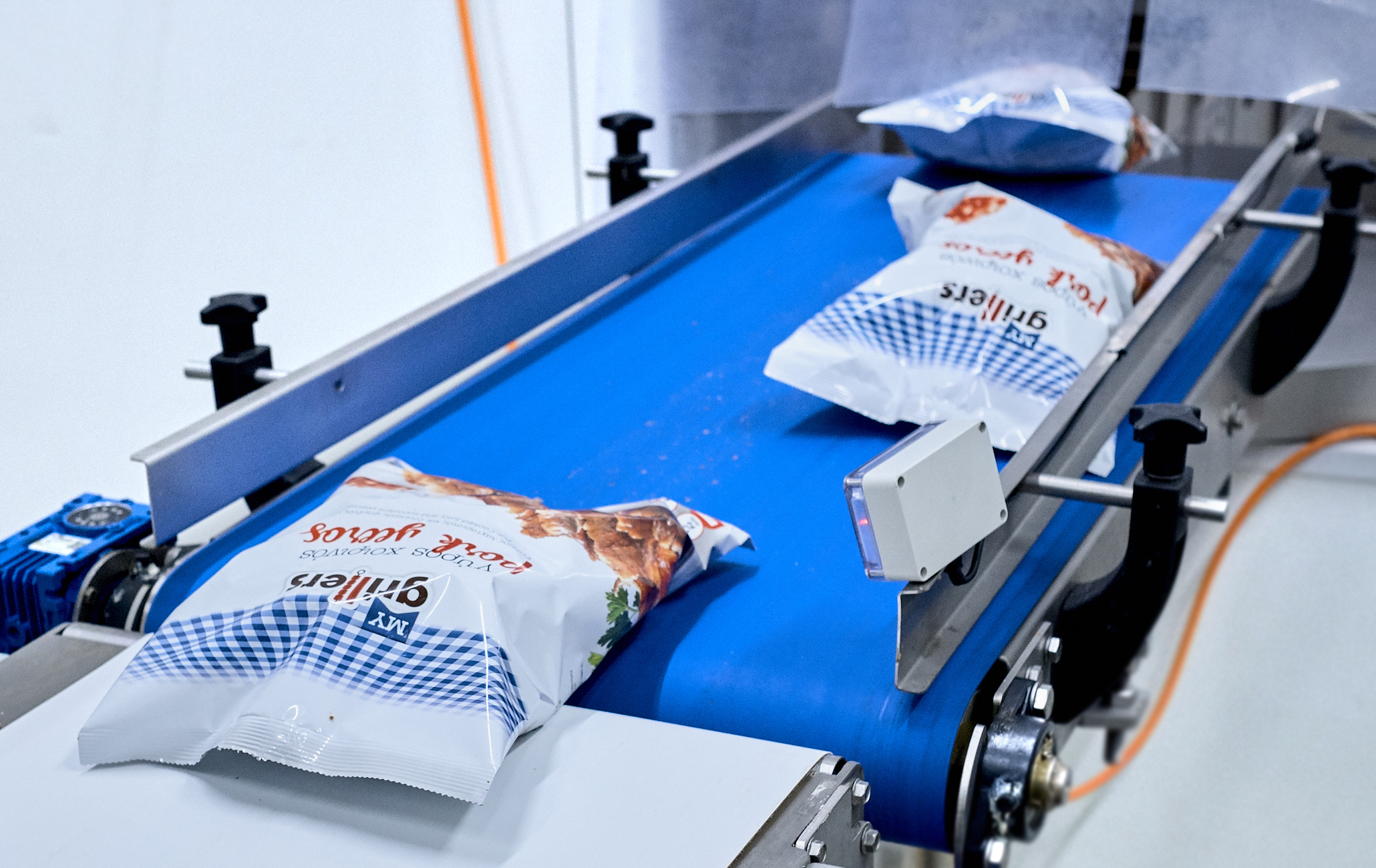
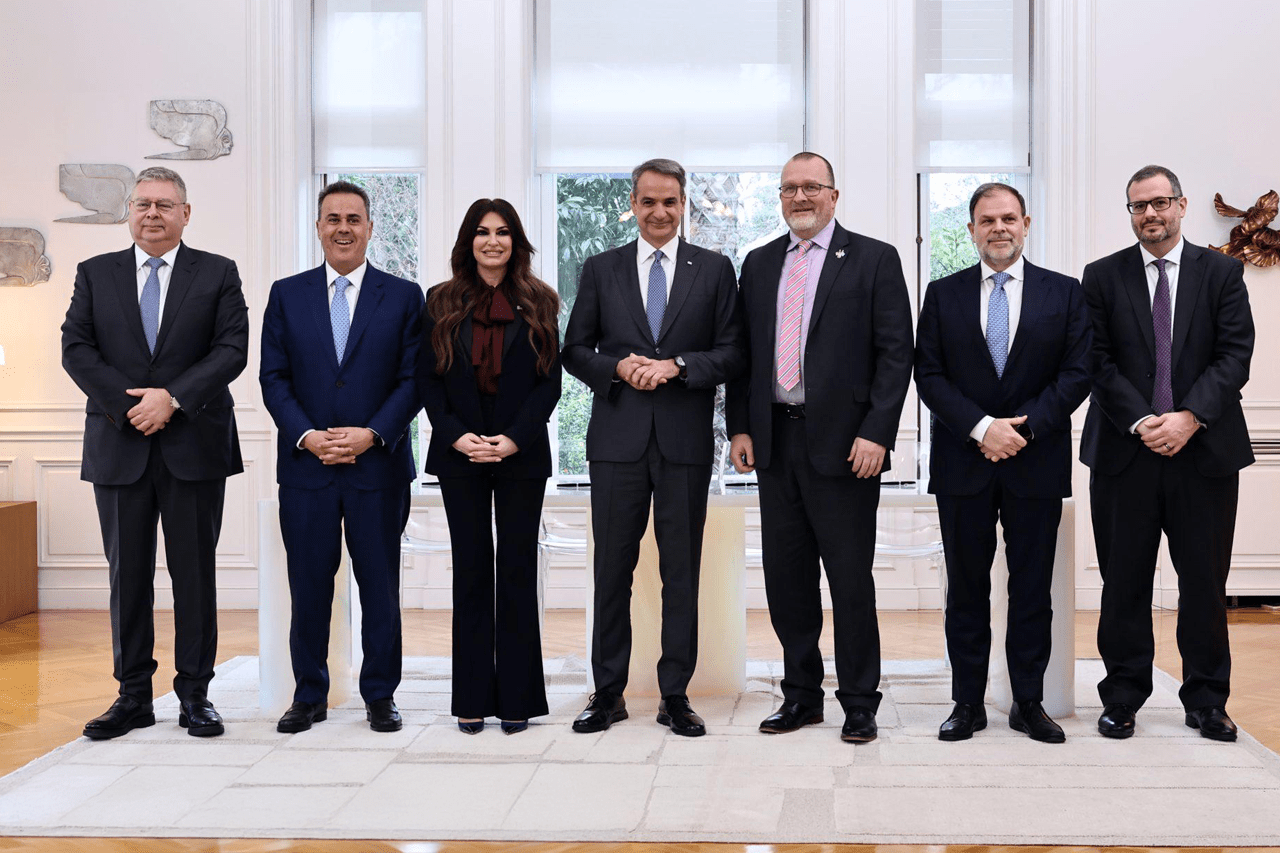
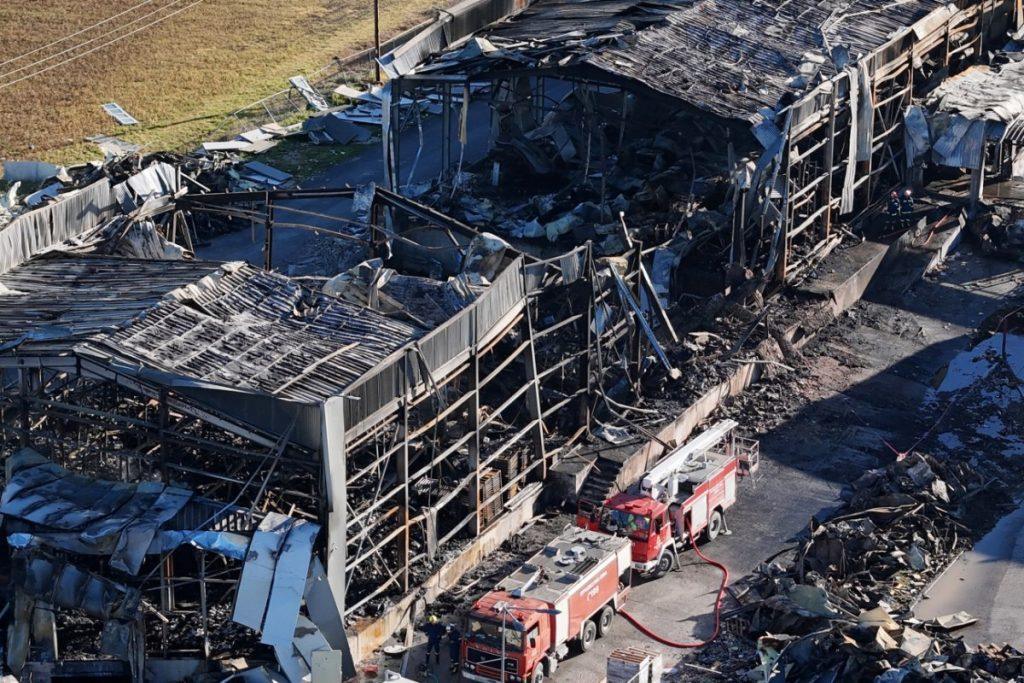







![Νέο κεφάλαιο για Ελλάδα στην Ενέργεια [live]](https://www.ot.gr/wp-content/uploads/2026/02/cevron.jpg)

